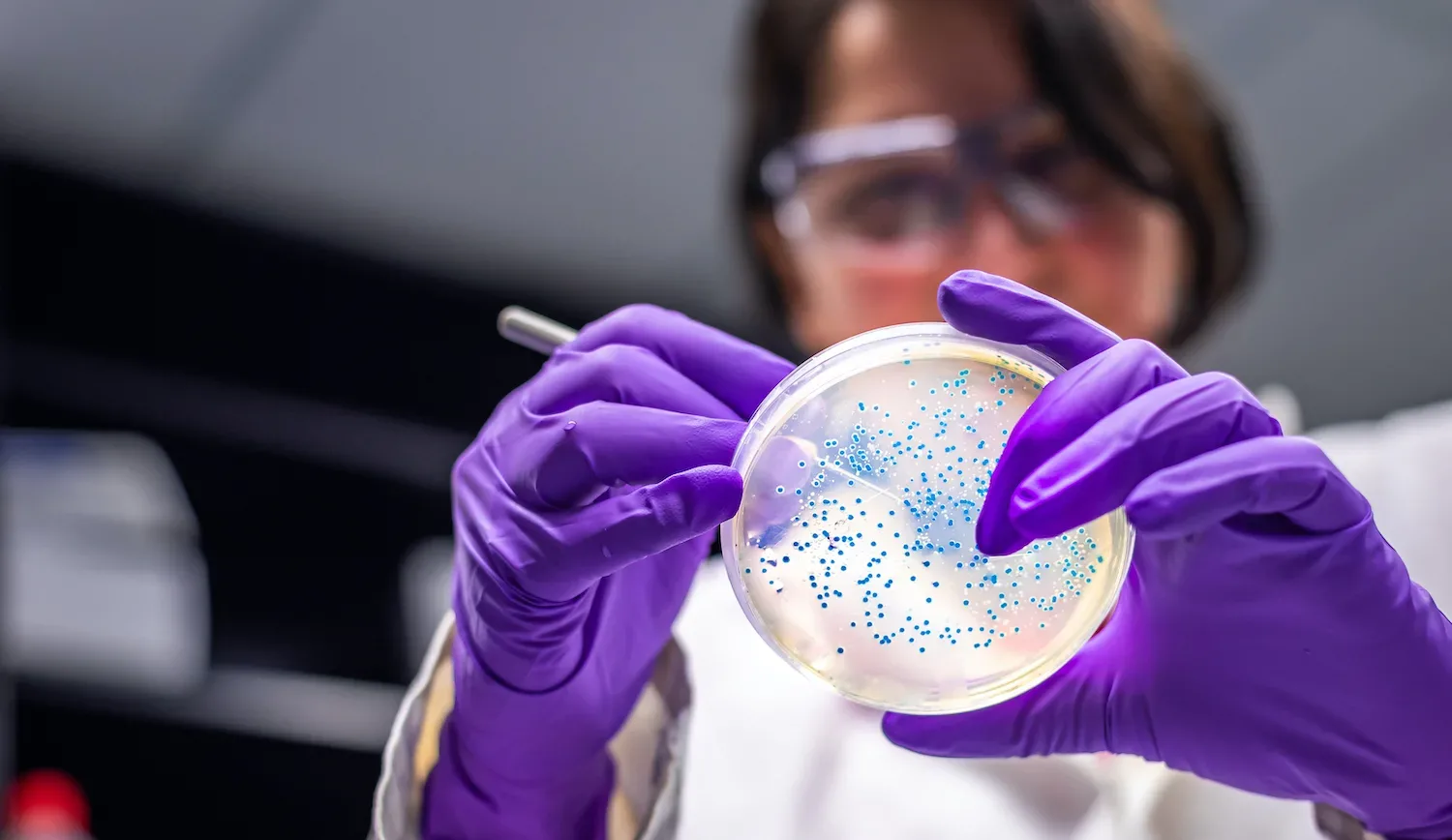Study: Antibody Protection After COVID Infection May Not Last

According to new data, protection after COVID-19 infection may not be long-term. A study by scientists at Imperial College London found that antibodies against the virus declined rapidly over a few months. This raises the prospect of declining immunity in the community.
The researchers found that antibody prevalence dropped from 6% of the study population at the end of June to 4.4% in September. Immunity to the novel coronavirus is complex and may be assisted by B cells that can stimulate rapid product of antibodies following virus re-exposure, the authors said.
Interestingly, those people whose COVID-19 diagnosis was confirmed via a “gold standard” PCR test had a less pronounced antibody decline versus asymptomatic patients who were unaware of their original infection. The researchers reported that there wasn’t any change in the antibody levels of healthcare workers, perhaps because of their repeated exposure to COVID-19.
With vaccines now approved, Wendy Barclay, head of the Department of Infectious Diseases at Imperial College London, said that the rapid waning of antibody protection doesn’t necessarily have implications for the efficacy of vaccines. “A good vaccine may well be better than natural immunity,” she said.
Click here to read more.